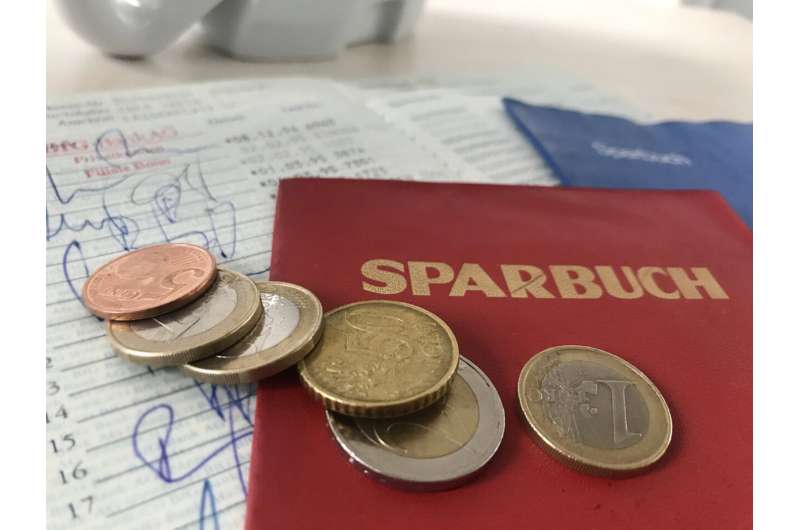Patient people earn more money

Those who are more patient earn and save more on average. Institutions and campaigns such as World Savings Day encourage this from an early age. Researchers of the Cluster of Excellence ECONtribute: Markets & Public Policy of the Universities of Bonn and Cologne have evaluated data on patient behavior from 76 countries.
Once a year, empty your savings jar, deposit the saved coins in the bank and in return receive a stuffed animal, books or other gifts: On Friday it is time again—October 30 is World Savings Day. It teaches children to be frugal with their money and to be patient—"an important factor for later household income," says economist Prof. Thomas Dohmen, researcher of the ECONtribute Cluster of Excellence at the University of Bonn. Together with cluster member Prof. Armin Falk and five other researchers, he analyzed data on the time preference of 80,000 people from 76 countries. The result: More patient people earn more on average.
More prosperity in countries with patient inhabitants
Differences in patience explain about 40 percent of disparities in per capita income between countries. A rule of thumb: Starting from the equator, average patience increases towards the north and decreases towards the south. There are also clear differences within countries. The average level of education is higher in regions with more patient inhabitants and people earn more.
More patient people save more on average, are more productive and invest more time in education. While previous literature has already reported that impatient individuals are more likely to procrastinate, consume more drugs, or have poorer grades, little is known about the effects of patience on the economy as a whole. Patient behavior is one of the main factors for productivity, which in turn determines income.
Why some people are more patient than others cannot be clearly determined. However, various institutions, such as political stability, education and free competition, can contribute to this. Moreover, patterns of behavior have usually become established over generations.
Promoting patient behavior
Economies benefit in the long term from a high level of patience among the population. "Good development policy should always aim to encourage patient behavior," says Thomas Dohmen, professor at ECONtribute. In other words, encouraging sustainable economic activity through education, instead of just giving financial aid. The World Savings Day shows: Patient behavior can be learned.
More information: Patience and Comparative Development. selten.institute/RePEc/ajk/ajk … tribute_035_2020.pdf
Provided by University of Bonn



















